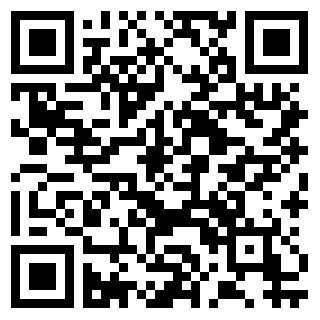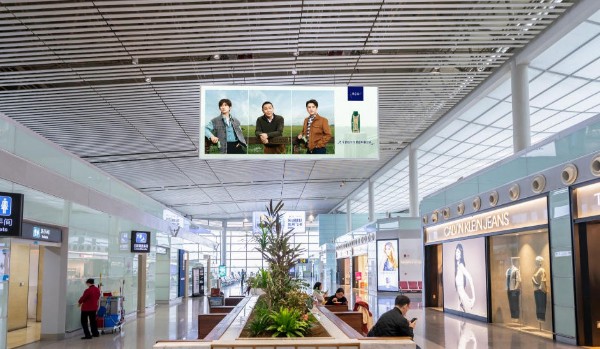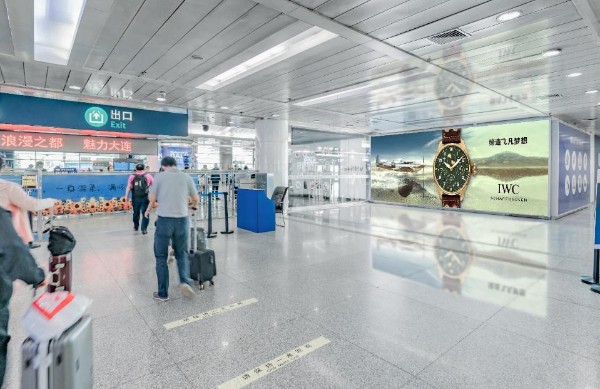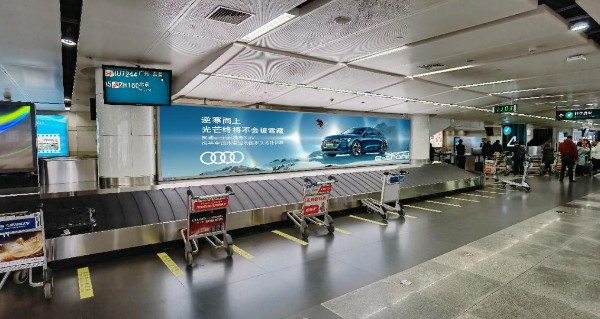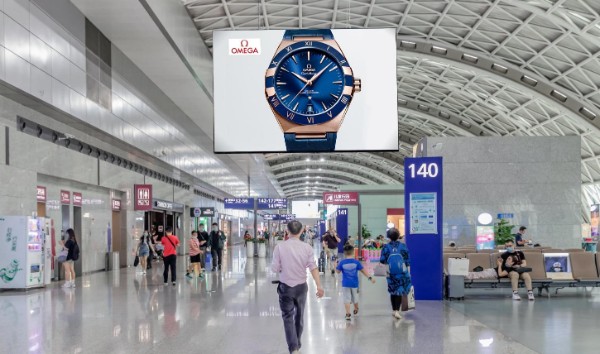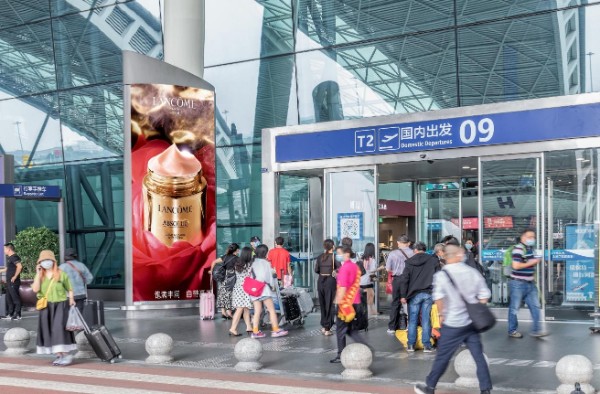- Photos
- Specs
- Advantages
- Value
- Media Map




| Area:Beijing | Type:Bus | Frequency:0 |
| Address:Beijing | Format:car body | Duration:/ |
| Location:Beijing | Min Qty:1 | |
| Size:8-12m | Min Period:month |
1. Global coverage, reaching a wide range of people
Buses are one of the main modes of daily transportation for Beijing residents, with an average daily passenger flow of over 8 million people. Vehicle advertising, leveraging the mobility of vehicles in cities, can effectively cover multiple core scenarios such as office areas, commercial districts, residential areas, and universities, breaking the spatial limitations of traditional fixed media.
2. High frequency repeated exposure enhances brand memory
The vehicle has a long daily driving distance and a fixed route, and the advertising content can repeatedly appear at different times and places to enhance the audience's memory depth. Especially suitable for brand preheating, new product launches, holiday marketing and other promotional needs that require continuous exposure.
3. Diversified audience and matching diverse brand needs
Beijing's public transportation passengers cover various age groups, occupational groups, and consumption levels, including commuting white-collar workers, student youth, as well as household users and out of town tourists, providing the basic conditions for enterprises to target different products based on their positioning.
4. High cost-effectiveness ratio and moderate investment threshold
Compared to high priced media such as subway lightboxes and building videos, bus body advertising has a higher cost-effectiveness, especially suitable for small and medium-sized enterprises or regional brands with limited budgets but hoping to achieve wide coverage.
5. The creative extension space is large, which enhances the dissemination temperature
Vehicle advertising supports various forms of expression such as full car painting, themed packaging, and QR code interaction. Combining hot events, urban culture, or brand stories, it creates a "walking" communication content to enhance public emotional resonance.
1. A powerful lever for brand sinking into the market
For enterprises wishing to expand into the peripheral urban and suburban markets of Beijing, bus advertising can effectively compensate for the lack of media coverage in the core business district, helping brands quickly establish regional awareness and trust.
2. Precise route delivery to improve resource efficiency
Specific routes can be selected for targeted advertising based on the activity range of the brand's target audience. For example, technology brands focus on the Zhongguancun route, maternal and child products focus on densely populated community areas, and educational institutions invest in the surrounding routes of schools, achieving precise dissemination of "people follow the car, cars follow people".
3. Node marketing tool to ignite short-term buzz
Suitable for short-term high-intensity communication tasks such as holiday promotions, new product launches, and brand cross-border collaborations. By focusing on key routes and linking social media topics, a brand impression that is visible on the streets can be quickly created, driving online discussion heat.
4. Long term assets for brand image shaping
Continuous vehicle advertising placement helps to build a stable image of the brand in the public's mind, especially in areas such as public welfare promotion and social responsibility, which can effectively convey corporate values and enhance brand favorability.
5. Policy support and sustainable development advantages
In recent years, Beijing has actively promoted the construction of green travel and smart public transportation. As a part of urban transportation, vehicle advertising enjoys a stable policy environment and social acceptance, and has good long-term operational prospects.


